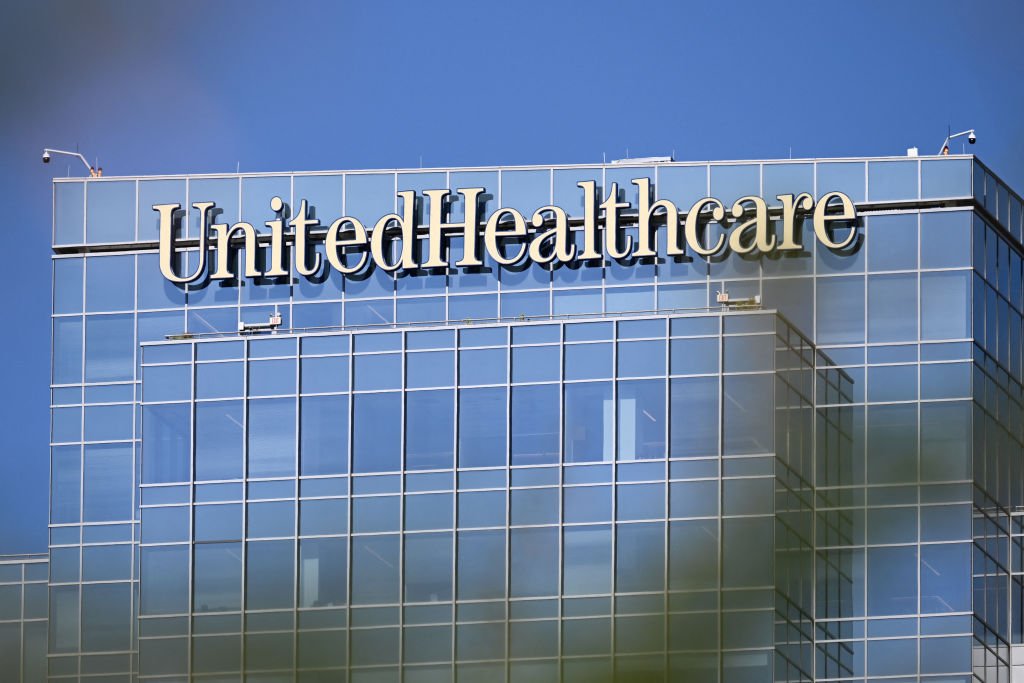
UnitedHealth Group (UNH) stock is down more than 9% in early trading Tuesday, dragging the price-weighted Dow Jones Industrial Average into the red. The selloff comes as the health insurance company trimmed the top end of its full-year profit forecast, which is offsetting a third-quarter earnings beat.
In the three months ended September 30, UnitedHealth's revenue increased 9.1% year-over-year to $100.8 billion, thanks in part to a 7.1% jump in premiums to $77.4 billion. Its earnings per share (EPS) were up 9% from the year-ago period to $7.15.
"Our continued growth, which positions us well for the coming years, is rooted in the innovative products and responsive service of our people that are embraced each day across the full range of health care participants," said UnitedHealth CEO Andrew Witty in a statement.
UNH's third-quarter results topped analysts' expectations. Wall Street was anticipating revenue of $99.3 billion and earnings of $7 per share, according to Yahoo Finance.
As a result of "business disruption impacts" from the data breach at its Change Healthcare unit earlier this year, UnitedHealth went on to revise its full-year profit forecast. It now anticipates EPS in the range of $27.50 to $27.75, with the top end of that guidance down from its previous forecast of $27.50 to $28.
Is UnitedHealth stock a buy, sell or hold?
Heading into Tuesday's trading, UnitedHealth Group stock was up 16.4% on a total return basis (price change plus dividends). While this lags the S&P 500's 24.2% gain, Wall Street remains bullish on the Dow Jones stock.
According to S&P Global Market Intelligence, the average analyst target price for UNH stock is $627.53, representing implied upside of more than 14% to current levels. Additionally, the consensus recommendation on the blue chip stock is a Strong Buy.
Financial services firm Truist Securities is one of the more bullish outfits on UNH stock with a Buy rating and $640 price target.
UnitedHealth has "highly integrated, complementary platforms benefiting from meaningful scale, diversification and robust capabilities complemented by a sizable balance sheet and significant cash flow generation," says Truist analyst David MacDonald. He adds that "core trends remain solid" despite the impact of the data breach at Change Healthcare.







